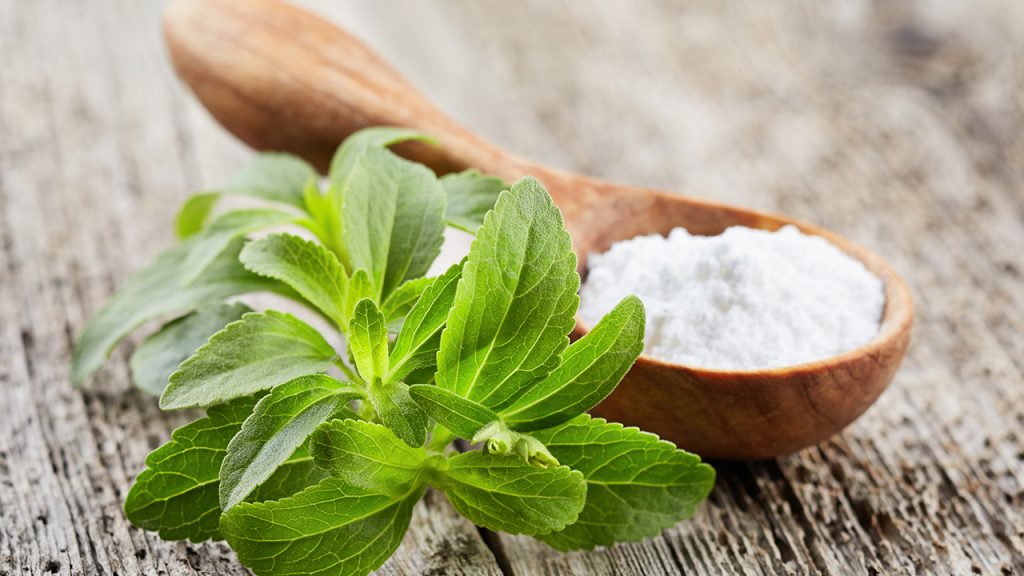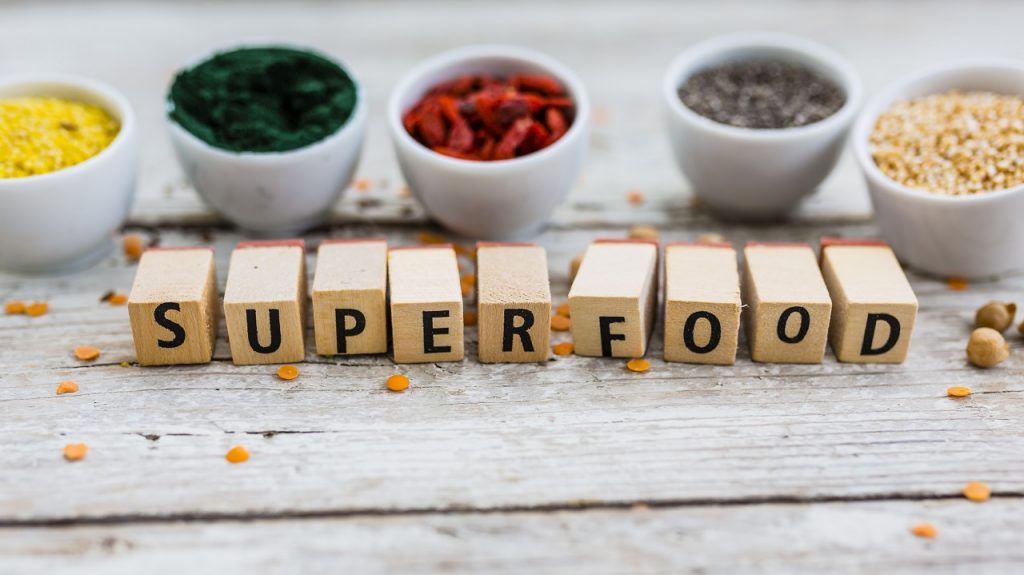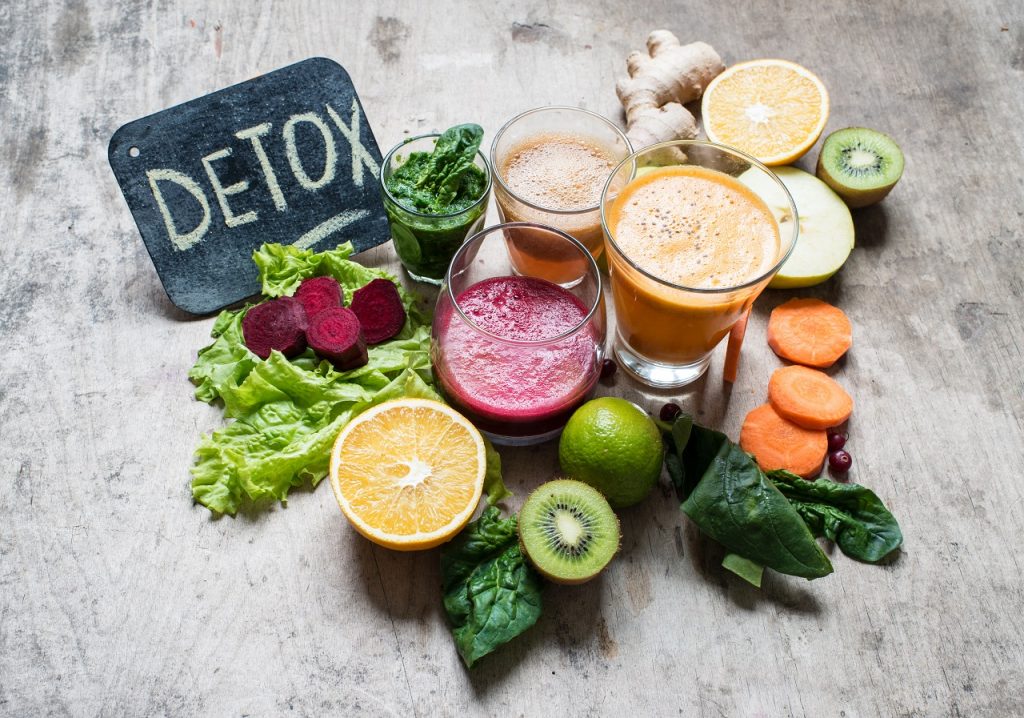 For many of us, our lifestyle has become sedentary, leading to increased mental and emotional stress which often results in binge eating. When we are stressed, we find outlets to overcome it, and the first thing that comes to mind is eating! A sedentary lifestyle coupled with irregular sleep leads to hunger cravings which ultimately results in gorging on unhealthy food such as junk food, chocolates, refined foods, bakery products, juices, soft drinks, pizza, etc., leading to weight gain. Let’s take a deeper look.
For many of us, our lifestyle has become sedentary, leading to increased mental and emotional stress which often results in binge eating. When we are stressed, we find outlets to overcome it, and the first thing that comes to mind is eating! A sedentary lifestyle coupled with irregular sleep leads to hunger cravings which ultimately results in gorging on unhealthy food such as junk food, chocolates, refined foods, bakery products, juices, soft drinks, pizza, etc., leading to weight gain. Let’s take a deeper look.
How Much Time Does It Take Food To Get Digested?
- After having a meal, our GI tract slowly empties by pushing food through the stomach. From there, it goes to the small intestine where it gets absorbed and then it reaches the large intestine. It takes approximately 2 hours for this entire process.
- Hunger cravings occur 2 hours after having a meal when the food gets digested. So, our brain picks up messages from the stomach and tells us that it’s time for our next meal.
- This entire system is regulated by two hormones in our body known as hunger hormones – Ghrelin and Leptin.
- Ghrelin stimulates appetite and is produced in the stomach when it’s empty, promoting fat storage.
- Leptin controls appetite and signals the brain to stop eating.
- If we eat after every 2 hours, ghrelin will not be released, and there won’t be any overeating.
Tip To Control Hunger Cravings
- Eat before you feel hungry at an interval of 2 hours.
- Have 6 meals in a day: 3 main meals and 3 mid-meals. Eat slowly and have a fruit as a mid-meal, avoiding fruits with the main meals.
- Snack on nuts like foxnuts, almonds, walnuts, peanuts, and a mixture of various seeds to help you stay full.
- Add spices and chillies to your food as they increase satiety.
- Avoid fasting: Skipping meals can cause your body to go into a fat-storing starvation mode, making it harder to burn calories.
- Have jaggery, jaggery powder, stevia leaves and honey to curb sugar cravings.
- Include proteins in all your meals. Proteins are the building blocks of our body. They take longer to digest than carbohydrates and are considered to be more satiating than carbs and fats. They keep your energy levels up and appetite down.
- Eat fiber-rich foods since they help regulate bowel movements and make you feel fuller for a longer duration. They don’t add calories to your diet and cannot be converted to glucose. Include leafy green vegetables, fruits with the peel like apple, pear, plum and even berries, sweet potatoes with skin, potatoes, oatmeal, fenugreek seeds, chia seeds, flax seeds, cinnamon powder, drumstick, garden cress seeds, sesame seeds, peanuts, figs, raisins and prunes.
- Quench your thirst to control your appetite by drinking plenty of water. Drink 12-15 glasses of water throughout the day. Have 1 glass of water before and 1 after a meal, as water is a no calorie quencher. You’ll be able to decrease your hunger before you start eating so you aren’t starving at the table. In case you don’t like the taste of plain water, have green tea, cinnamon tea, buttermilk, coconut water, lemon water or detox water.
- Exercise for 30 mins every day: It lowers the level of ghrelin. It increases the feeling of fullness, boosts your metabolism, and helps in burning more calories. Indulge in yoga, pilates, cardio, stretching, skipping, dancing, etc.
- Maintain a regular wake up and sleep schedule: To avoid midnight hunger pangs, don’t stay awake for a long time post-dinner. Have soups, salads and protein-rich meals for dinner to avoid eating junk food. Make a habit of having 1 tsp flax seeds post-dinner since they have fibers that will make you feel satiated.
We hope this article helps you understand your hunger cravings and how to curb them. For more tips on controlling hunger cravings, check out Healthy Reads or ask a GOQii Coach by subscribing for Personalised Health Coaching here.
#BeTheForce


 I’ve always wondered what a raw detox diet is and how does one eat raw vegetables. Then, I found that a raw food detox diet is the dietary practice of eating only uncooked, unprocessed, and often organic foods. It can include raw fruits, vegetables, nuts, seeds, sprouts, organic milk and organic milk yogurt. In India, most may not be comfortable with a long-term raw diet. However, including raw food in your diet as often as you can, definitely helps in detoxifying the system.
I’ve always wondered what a raw detox diet is and how does one eat raw vegetables. Then, I found that a raw food detox diet is the dietary practice of eating only uncooked, unprocessed, and often organic foods. It can include raw fruits, vegetables, nuts, seeds, sprouts, organic milk and organic milk yogurt. In India, most may not be comfortable with a long-term raw diet. However, including raw food in your diet as often as you can, definitely helps in detoxifying the system.


